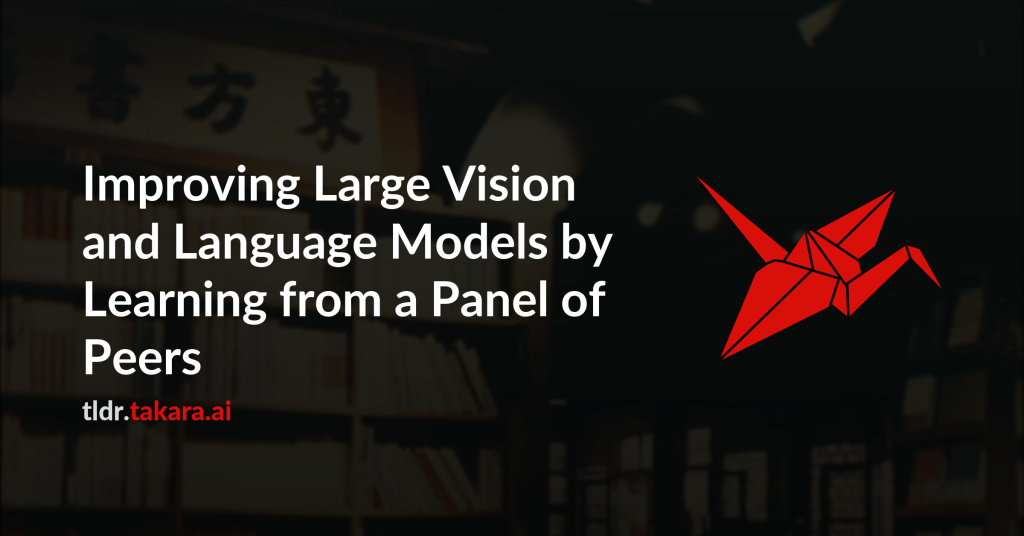Traditional alignment methods for Large Vision and Language Models (LVLMs)
primarily rely on human-curated preference data. Human-generated preference
data is costly; machine-generated preference data is limited in quality; and
self-supervised preference data often introduces hallucinations. To overcome
these limitations, we propose a novel Panel-of-Peers learning framework
inspired by collaborative learning among humans. This approach leverages a
panel of LVLMs, each evaluating and learning from their collective outputs
through an iterative self-improvement process. By simulating a peer review
system, our models generate, assess, and refine outputs in response to a
curated set of prompts, mimicking a classroom learning environment. We
demonstrate that this methodology enhances model performance without requiring
extensive human-labeled datasets. Our experiments show significant improvement
across multiple benchmarks, demonstrating the potential of peer evaluations as
a scalable alternative to self-supervised alignment. Notably, we show that
Panel-of-Peers increases the average score on fifteen benchmarks from 48% to
57%

